Fighting rages in Rafah amid intensified Israeli bombardments
Heavy Israeli bombardments have rocked Gaza’s southern city of Rafah coinciding with the Western media fanfare that the first so-called humanitarian aid had entered Gaza via a US-built pier.
Defying international outcry, Israel launched its so-called “limited” assault on Rafah ten days ago, but later pledged to widen the scope of its aggression.
Israeli strikes and intense clashes with Palestinian resistance fighters rocked the city late Friday and early Saturday, with reports of shelling in the city’s southeast and jets bombarding its eastern areas.
Officials at the Kuwaiti hospital said an overnight Israeli strike killed at least two people in a displacement camp in Rafah.
Rafah, which quite recently was a shelter for more than 1.4 million Palestinian civilians, has seen some 640,000 of its inhabitants flee to other areas due to Israel’s looming full invasion, the UN humanitarian office said.
Israeli minister for military affairs Yoav Gallant said on Thursday that “additional forces will enter” the Rafah area and “this activity will intensify.”
The arrival of occasional aid convoys has slowed to a trickle since Israeli forces took control last week of the Gaza side of the Rafah crossing.
As the Rafah invasion intensified, the United States anchored a floating pier in Gaza on Thursday to purportedly boost aid deliveries.
According to US Central Command, around 500 tonnes of aid are expected to be delivered to Gaza through the newly-built pier.
US media reports said Washington was facing challenges when it came to distributing assistance to millions in need amid the war. These include a dire shortage of fuel and working in a conflict zone, they said.
Palestinians have described the temporary pier as an “occupation port”.
They say the pier is built to strengthen Israel’s appropriation of the coast, to render the Rafah border crossing ineffective, to end Palestinian sovereignty, and to encourage the migration of the people of Gaza.
“This is an occupation port, allowing the US military entry into the borders of Gaza,” according to Palestinian political analyst Usame Abdulhadi.
UN agencies and humanitarian aid groups have repeatedly warned that the so-called maritime corridor, and ongoing airdrops from planes, cannot replace far more efficient truck convoys into Gaza, which is facing looming famine.
Israel has imposed a “complete siege” on the Gaza Strip, cutting off fuel, electricity, food, and water to the more than two million Palestinians living there.
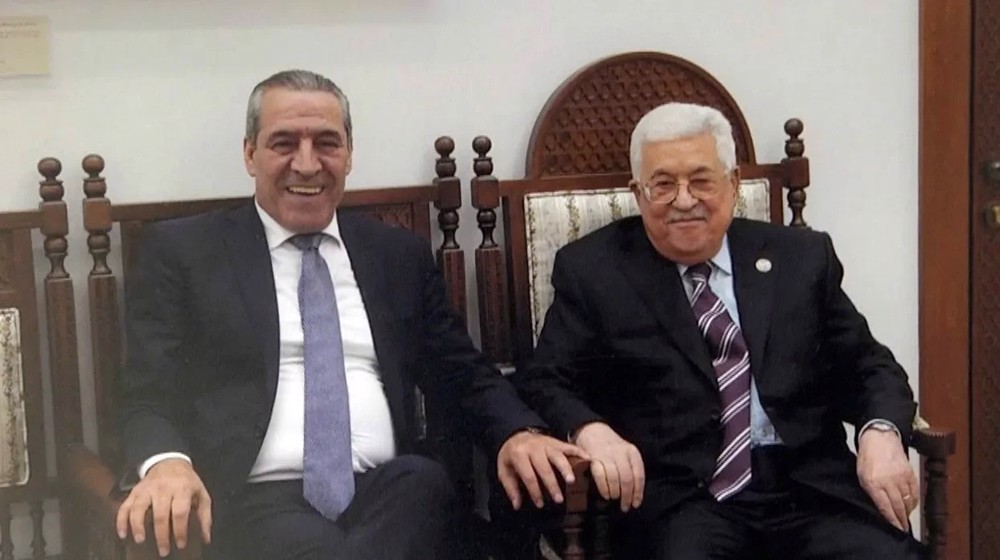
Abbas names likely successor in move deemed ‘illegitimate, divisive’
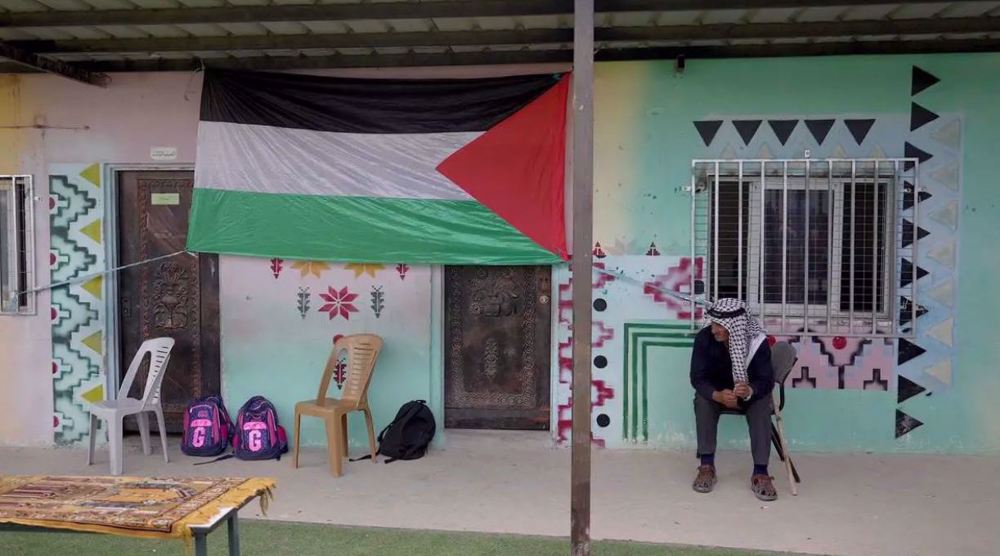
Illegal Israeli settlers attack Palestinian school in occupied West Bank
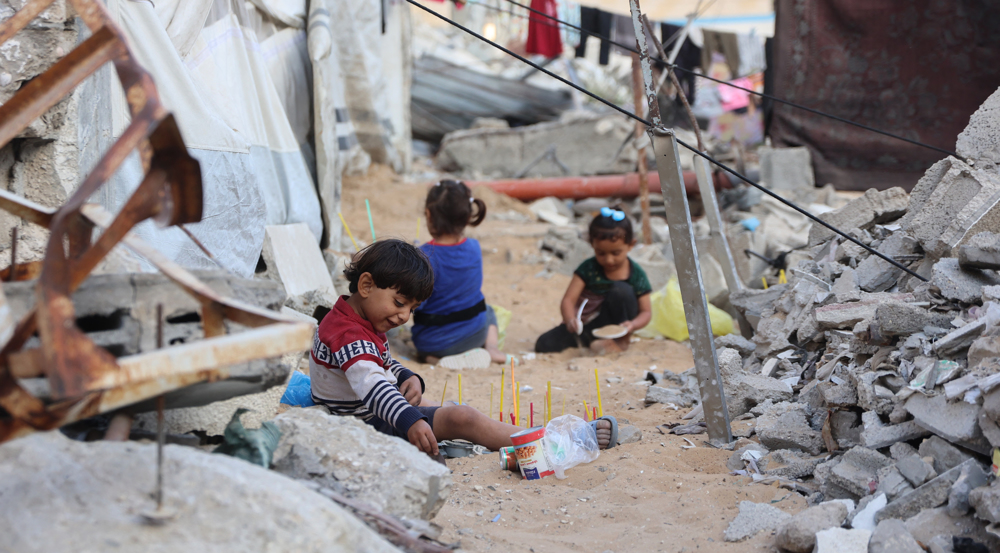
51 civilians killed in Gaza as Israel ramps up attacks amid all-out blockade
VIDEO | Press TV's news headlines
VIDEO | India-Pakistan tensions escalate after deadly Kashmir tourist attack
Iran FM, IAEA chief discuss latest state of cooperation
US airstrike on Yemeni capital kills 8 people
VIDEO | Iran multilayered diplomacy
VIDEO | Press TV's news headlines
Iran more than halved its power grid losses to 10% in 16 years: Expert
Abbas names likely successor in move deemed ‘illegitimate, divisive’


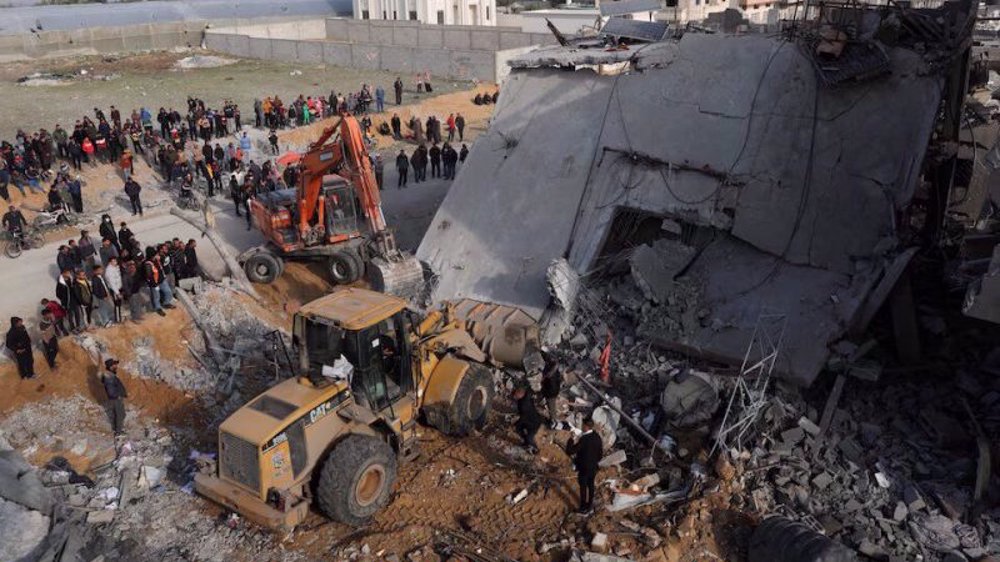
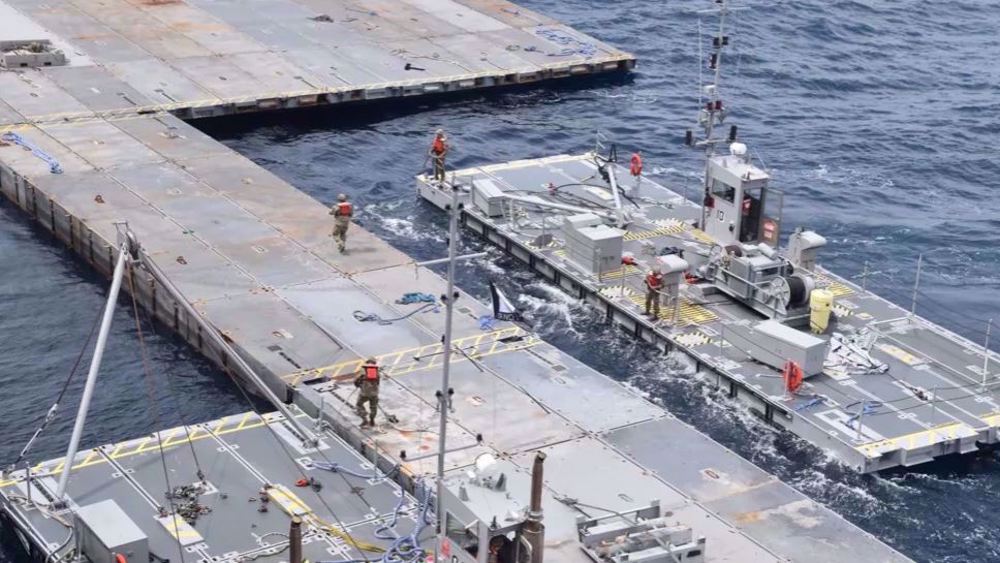




 This makes it easy to access the Press TV website
This makes it easy to access the Press TV website